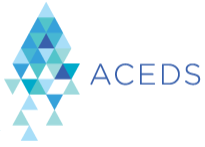Court Rules Government’s Use of Stingray to Locate Suspect Was Unwarranted: eDiscovery Case Law
Court Rules Government’s Use of Stingray to Locate Suspect Was Unwarranted: eDiscovery Case Law https://cloudnine.com/wp-content/uploads/2016/07/Gavel2-8.png 479 270 CloudNine https://cloudnine.com/wp-content/uploads/2016/07/Gavel2-8.pngIn United States v. Lambis, New York District Judge William H. Pauley, III granted the defendant’s motion to suppress evidence obtained by law enforcement agents in connection with a search of his apartment because the apartment was located via the use of a “Stingray” cell-site simulator to identify the location of the defendant’s phone without a warrant.
read more






